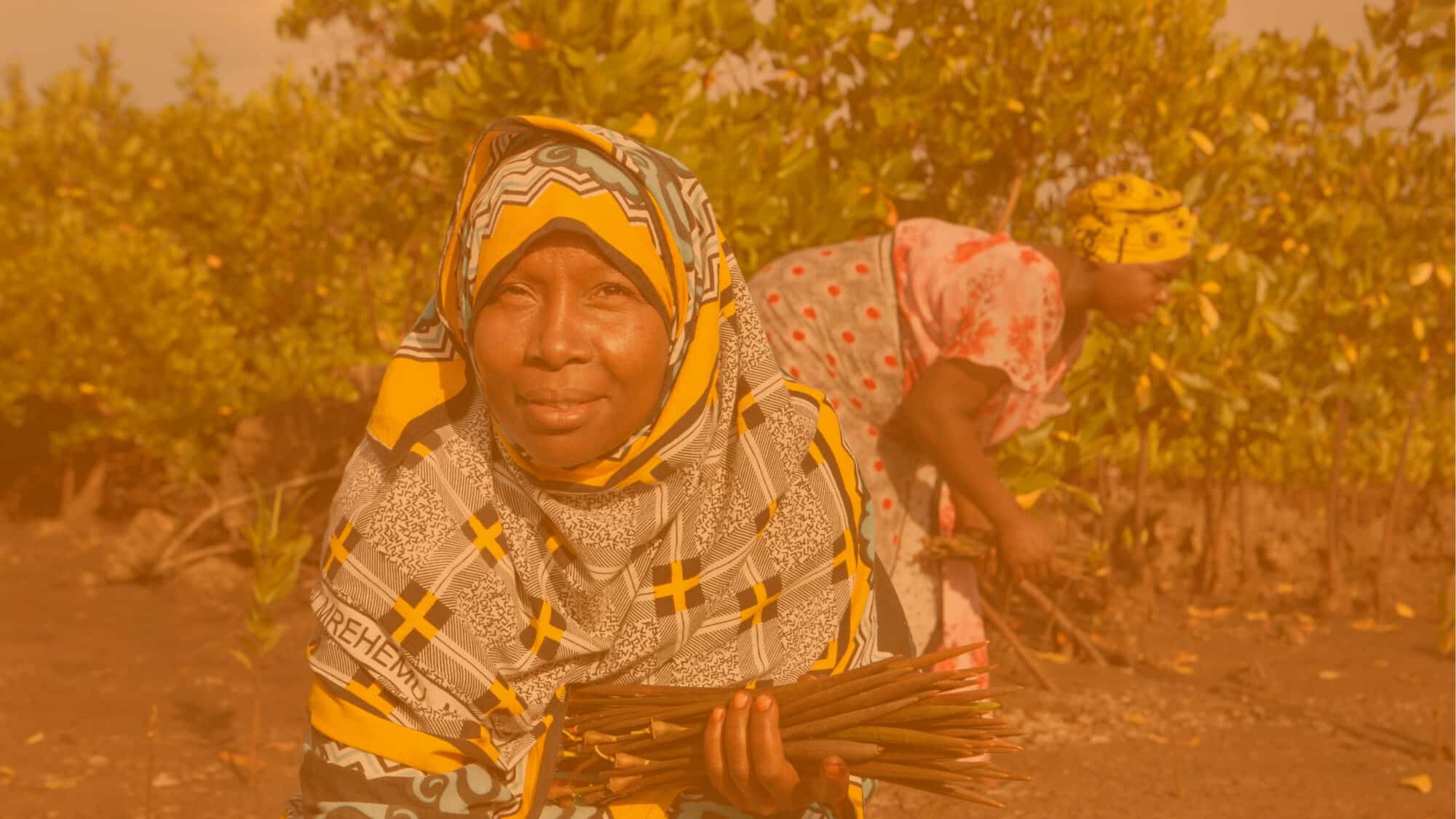Building coastal resilience: Nature-based Solutions for climate justice and adaptation
Oceans, covering 71% of the Earth’s surface, are vital allies in the fight against climate change—absorbing nearly a third of human-generated CO₂ and over 90% of excess heat. Yet, these same oceans are under severe pressure. Rising sea levels, biodiversity loss, and the overexploitation of marine resources are placing coastal communities—where nearly 40% of the global population lives—on the frontlines of climate disruption. The urgency to act is clear, and adaptation strategies must prioritize equity, sustainability, and inclusion to protect both ecosystems and the livelihoods of those who depend on them.
Nature-based Solutions (NbS)—such as mangrove restoration and dune stabilization—offer promising, locally rooted pathways for climate adaptation. Despite their proven benefits, they remain underfinanced and underutilized. In 2022, global investment in NbS covered only 37% of the estimated annual need to meet climate and biodiversity goals, with public funding dominating and private investment lagging behind. Unlocking the full potential of NbS requires stronger coordination, dedicated financing, and policies that integrate these solutions into national and multilateral adaptation efforts.
CARE France’s latest report draws on a comprehensive review of scientific literature and 30 in-depth interviews with experts, local officials, and small-scale marine actors in France and Senegal—two countries with different socio-economic contexts but shared coastal challenges. Both face accelerating erosion, threats to coastal livelihoods, and limited institutional support. Yet in both cases, communities are turning to nature to adapt. These locally driven solutions show that despite differing capacities, there is convergence around the effectiveness of inclusive, ecosystem-based approaches.
By shedding light on the enablers and barriers to implementing NbS for coastal adaptation, this study aims to inform future strategies rooted in cross-sector collaboration and shared knowledge. As climate impacts intensify, preserving marine biodiversity and supporting frontline communities through nature-positive solutions is not only possible—it is essential.
Access and download the full document below.
